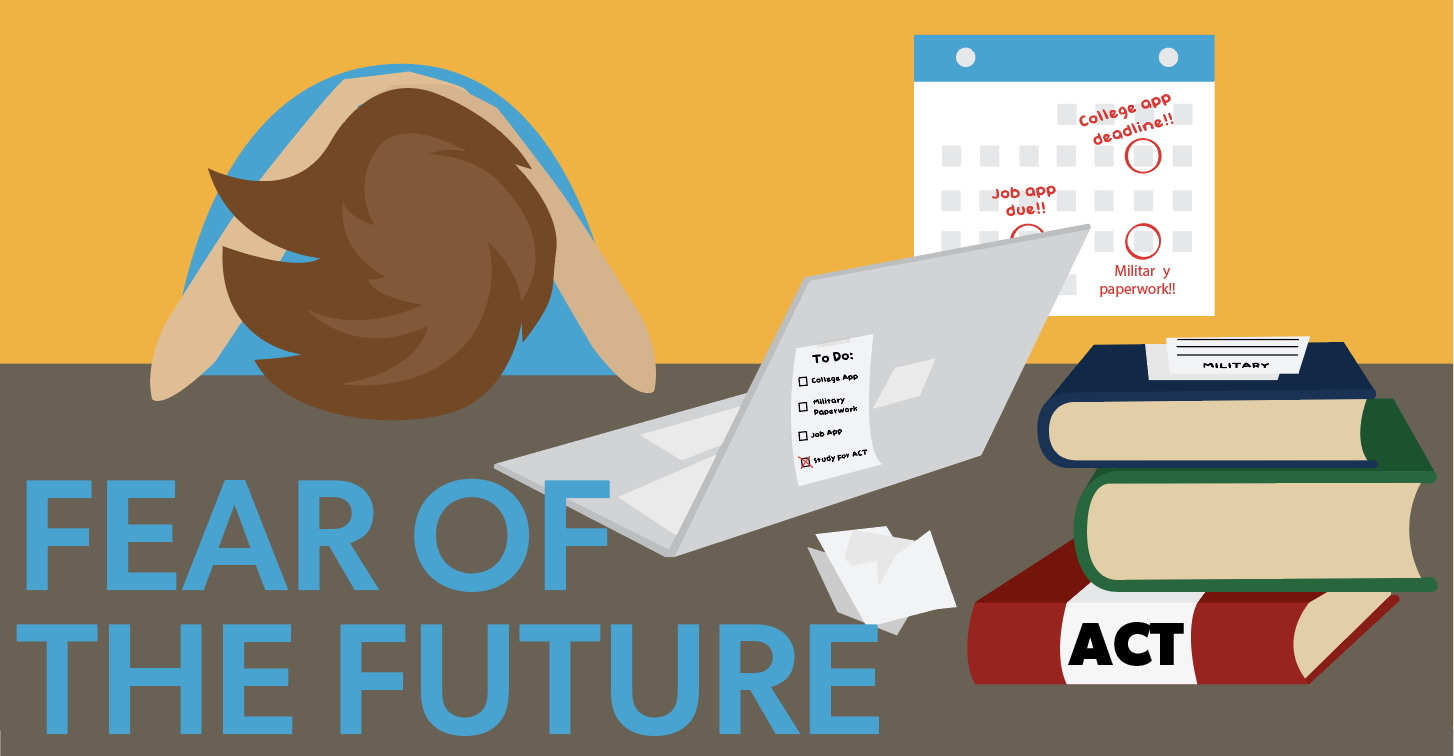The legislative hearings were focusing on a very simple idea — in order to graduate from high school, a student would either have to complete the FAFSA, or fill out a form saying they’d thought about it and they didn’t see any reason to fill out the FAFSA, so they’re waiving the requirement. Testimony was running the way it usually does; advocates were saying many students and families didn’t know enough about financial aid to make an informed decision, so the FAFSA could help them better understand what they were getting into. Those opposed were saying this would be an intrusion on privacy, and create a bottleneck in school counselor offices.
And then along came a new argument, on made by a counselor in a tone that was so hesitant, it was as if they were apologizing for advancing it in the first place.
“We have to think about the kids who aren’t going to college” she said. “Do we really want to give them one more reason to feel bad about themselves?”
I thought about that question today, as I read the first of what is sure to be a number of articles that always come out this time of year that address the of going to college. In the past I’ve read these articles hoping they would address the mindset students have about life after high school — that what they choose to do is based on careful consideration of their talents, their interests, their vocational interests, their performance in school to date, and their resources. Taking on the question of “what’s next” seems daunting and abstract to tenth graders, and with good reason — they may not have thought about it before. But, if nothing else, a well-put-together college counseling program breaks that abstract question into manageable chunks, laying a little of both the foundation and the scaffolding each student needs to build by the start of senior year to pronounce their foundation for the future as solid, even though it may not be permanent.
Instead, I got more of the same inference I get from these articles — they insist that yes, it is more than OK for students not to go to college, often in an argument that assures us they can still make a living and contribute to society without a college degree. Yet, more often than not, and despite their best efforts, every one of these articles accepts the assumption that college is the normal choice, and not going is therefore abnormal; that students passing up college are rolling the dice at some level, making their lives unstable from this day forward.
That’s pretty scary, since it suggests that more than a few school counselors are presenting their life-after-high-school curriculum with a built-in bias, one that assumes life, at some corner, awaits nothing but worst for a student who doesn’t go to college. If that weren’t the case — if the counselor who was giving this testimony really didn’t feel that way —then every student would get to senior year with confidence in their choice and in their future. To them, saying “no thanks” to the FAFSA is like saying no to anchovies on a pizza. Anchovies may be right for someone else, but it’s just not their thing. Next.
This is the time of year many counselors review their curriculum to make sure next year’s students are even better served. When it comes to postsecondary counseling, let’s make sure we aren’t seeing students who say no to college as vulnerable or incomplete. It’s more likely your postsecondary curriculum is incomplete, so focus on fixing that instead.

No comments:
Post a Comment